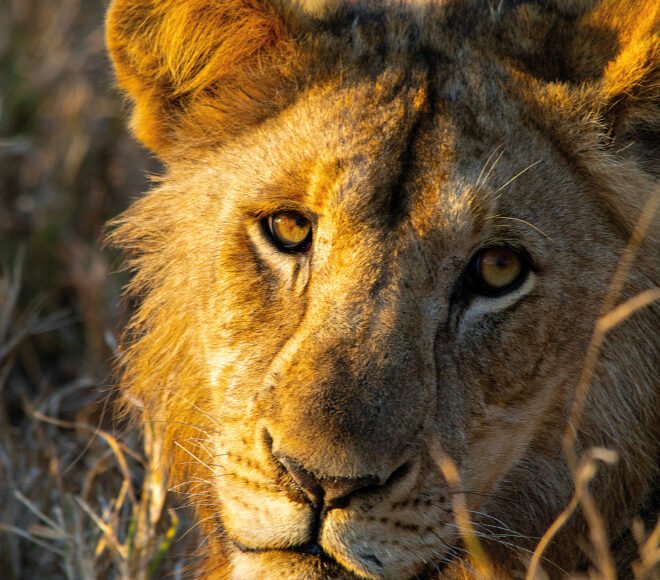“We have to learn from history, but we don’t.” The heartfelt words of Mphiwa Ntanzi, a guide for Fugitives’ Drift, were carried on the bitterly cold wind as we huddled on a ridge overlooking a large plain. It was there that a force of 20,000 Zulu warriors had obliterated a British contingent in just two hours in the Battle of Isandlwana on 22 January 1879. As clever as the Zulus were, this was as much a tale of colonial arrogance and wasted lives.
We were in the heart of the South African province of KwaZulu-Natal, and Mphiwa had just finished explaining that when the Zulus first came to this area and found plentiful grass for their cattle, they named it the Place of the People of Heaven. All the British of the late 19th century saw was a chance to merge South Africa’s hotpotch of colonies. They believed that the Zulu stood in their way, so they engineered a war they thought they’d win.
Mphiwa had talked us through the events leading up to the battle in which the British mounted their invasion of Zululand, confident of routing the Zulu army. Thinking their enemy was 55km away, a temporary camp had been set up at Isandlwana while the commander of the British forces in South Africa, Lord Chelmsford, led the majority of the troops away to look for the Zulu.
“They underestimated their enemy,” said Mphiwa. “A dangerous thing to do.”
Mphiwa was born locally, and for him there was a personal connection to this history. “My grandfather and great-grandfather fought in the battle on the Zulu side,” he revealed.

“Several thousand Zulus marched on Rorke’s Drift and its 139 British soldiers”
We drove down to the battlefield and were met by the sobering sight of numerous white cairns marking where the bodies of British soldiers were found. In the car, Mphiwa played a tape of the late historian David Rattray setting the scene for the battle, outlining the characters involved: “It reads like a great Shakespearean tragedy,” the recording narrated.
A gifted storyteller, Rattray did much to popularise battlefield tours of KwaZulu-Natal before his untimely death. I was staying a couple of nights at Fugitives’ Drift, a lodge and private reserve that is still home to his family. I had attended one of David’s lectures back in the 1990s, but I could remember little from it; instead, the first picture of the Anglo-Zulu war that came to mind was from Zulu, the 1964 film starring Michael Caine. Based on events in the hours following the routing at Isandlwana, it tells the story of how a small number of plucky Brits held out against the Zulu army in nearby Rorke’s Drift.
In the afternoon, I headed to Rorke’s Drift to see it for myself, and it was a shock to find just how intimate the site was. In 1879, the then mission station had been commandeered by the British as a field hospital and supply depot, and a small garrison was left there while the British forces headed out in search of the Zulu army.
Following the battle of Isandlwana, several thousand Zulus marched on Rorke’s Drift, where just 139 soldiers, some already ill or injured, repelled them after 12 hours of fighting. Their only defence was a swiftly erected wall made of maize bags. Eleven Victoria Cross medals were awarded to men who fought there, the most ever in a single action by one regiment.
The hairs tingled on the back of my neck as I heard the story of the encounter, vividly told by another one of Fugitives’ Drifts’ guides. As we walked around the outside of the building that had served as the hospital, it was all too easy to imagine the scene as it would have been that afternoon and night. It somehow didn’t seem that long ago in time.
I was surprised that there were no people there other than our small party from the lodge. But visitor numbers to KwaZulu-Natal are still down from pre-pandemic levels and, while the coastal hotels had domestic guests enjoying the generally warm winter weather, the interior was being discovered by a small but discerning mix of global travellers enjoying the intimate family-owned lodges. It made for a peaceful setting as I explored a province that has seen its share of battles.












